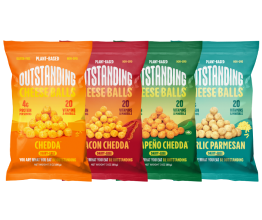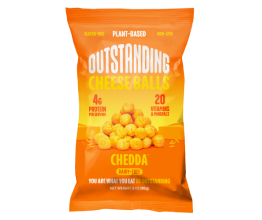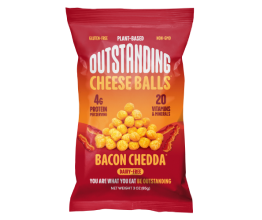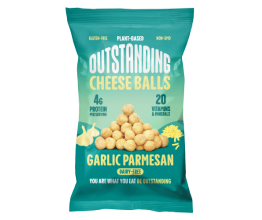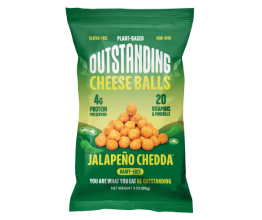Improve Your Body, Wallet, & World With Plant-based Protein
Over the past several years, awareness around the importance of protein in our diets has grown markedly — and for good reason.
Protein is essential for repairing muscles, regulating metabolism, and maintaining our immune systems. We need protein not just to thrive, but to survive.
Plant-based proteins are an increasingly popular way to get the protein we need every day, and for good reason. A diet rooted in plant-based proteins is often healthier for your body, cheaper for your wallet, and better for the environment.
Let’s take a deeper look into just why these plant-based proteins are so beneficial and how you can easily integrate them into your everyday life.
Healthy Body
Due to the nature of animal protein, it tends to also be higher in fat and cholesterol. Recent studies have shown that those who consume a diet high in saturated fats, tend to have higher rates of heart disease and obesity.
Plant-based protein, on the other hand, tends to be lower in fat, lower in cholesterol, and higher in important nutrients — especially fiber. Fiber not only keeps you full for longer, but also regulates blood sugar and moves food more efficiently through the digestive system.
As if that wasn’t enough, studies have also shown that those who consume more plant-based protein have a reduced risk of cancer and stroke.
Healthy Wallet
Plant-based protein is not only better for your body, but better for your wallet as well. By far, vegan diets are considered the most affordable diets, reducing food costs by up to one third compared to omnivorous diets. Vegetarian diets were a close second.

Western-style diets, which often rely heavily on animal proteins, are often based in unsustainable practices that cause the price of maintaining those diets to gradually rise over time.
Plant-based diets, in the long term, are much more affordable. And with the demand for plant-based protein on the rise, the cost for producing plant-based foodstuffs will continue to decrease over time. As supply chains that provide plant-based protein become more efficient, the savings made will be reflected in the cost to the consumer.
Healthy Planet
One of the most impactful actions that everyday individuals can take to combat ecological disaster is to follow a plant-based diet.
Animal meats require a significantly larger cost than their plant-based counterparts — not only monetarily, but environmentally as well. They require a significantly greater amount of water and land area. Furthermore, significant portions of crops grown in the U.S. (up to 50%) go towards feeding livestock.
Animal protein is also one of the largest contributors to greenhouse gasses — prompting the International Panel on Climate Change (IPCC) to strongly suggest a shift toward more plant-based diets in an effort to curb current trends.
Making the Switch to Plant-based Protein
While a change in dietary habits may seem daunting, especially to those accustomed to meat-based diets, making the switch to plant-based protein can be both manageable and delicious.
At first, try changing just one meal a week to a plant-based meal. Meatless Mondays are a recent popular trend that can help raise your awareness of recipes that are meat-free and get you into the habit of planning plant-based meals.
Try replacing your usual meat-based protein sources with plant-based protein alternatives. And we’re not just talking about protein powder — there is a growing number of plant-based meat imitations that have similar tastes and textures as your favorite animal meats.
Several plant-based protein snacks even taste better than their meaty counterparts! At Outstanding Foods, for example, we make Pigless Pork Rinds that are packed with plant based protein and all the flavor of your favorite pork rinds.
Plant-based protein can provide a delicious way to make positive changes not only for your health and your wallet, but the environment as a whole.
Why not try some today? Find Pigless Pork Rinds from Outstanding Foods (and other healthy, plant-based snacks) in stores near you for a healthier body, a healthier wallet, and a healthier world.